When you hear ‘overqualified’ as feedback what does this really mean?
They had seen your CV before interviewing you so why are you left puzzling over the feedback that you are ‘overqualified’ or ‘too experienced’ for the opportunity?
Whilst initially your impressive career was of interest, opinion has shifted during the interview process to change the mindset of the prospective employer.
It is likely that during your career you were once the hiring manager and have faced people in the same situation you now are encountering. Sitting at the opposite side of the table however is a very different proposition and it can be easy to miss the alternative reasons for your unsuccessful application.
YOUR SALARY LEVEL IS ABOVE THE BUDGET THEY HAVE FOR THE ROLE:
They could really leverage off your experience and know that you will add value, this is what entices them to meet you, the realisation however starts to creep in that for this level of experience usually comes a certain level of salary, a level that is beyond their reach.
YOU COULD POSE INTERNAL COMPETITION TO THE HIRING MANAGER:
The hiring manager see’s the benefits in the short term of having you on board and adding value to the organisation. In the longer term however, they see that you could start to apply certain pressure on their position either through challenging their decision making or potentially out-performing them to the senior leadership team.
THIS IS A TEMPORARY SOLUTION FOR YOU:
They see this role as somewhat of a stopgap for you as you await a position to arise in the market more befitting your profile. They may not be willing to take a calculated risk of hiring you for you to then move on in the proceeding months as this would be disruptive and cause them to have to re-hire.
The reasons listed may all point to the fact that you are shooting too low when it comes to searching for your next role. Notoriously the Dublin financial services market is small when it comes to volume of senior level positions compared to that of London. Unless you are willing to do the fly in fly out life catching the Monday morning red eye, then changing your approach and marketing yourself as an interim manager is the solution.
As an interim manager you can grow your CV further, network within new organisations whilst waiting for your next permanent appointment.
To set down this path you must first decide what services you can best provide in the consultancy space, of your skillset and experience what really defines your strengths and in what areas can you add the most value.
Furthermore it is also a paradigm shift in how you see yourself, you are no longer an individual who has to make excuses and give reasons as to why the job on offer is the right fit, instead you have to start to see yourself as someone who carries the following USP’s.
ROI
Speed
Expertise
Objectivity
Accountability
Effectiveness
Commitment
Start to look at areas where you can best operate and where you can have the most impact on an organisation, some of these may be:
Cost Management
Funding Requirements
Change Management
Risk, Governance and Compliance
Finance Project Management
Post-acquisition Integrations
As you can see there is a silver lining in the feedback that you have been receiving in terms of being overqualified. Instead of forcing yourself into a role that you could most likely perform on auto-pilot, position yourself as an expert, realise significant uptake in earnings whilst placing yourself into challenging situations.
Whatever your strengths, understand them, frame them and then take them to the market.
To learn more about the interim management market and potential opportunities available, reach out to Andrew Murphy or Mark Fallon at Coopman Search & Selection.








